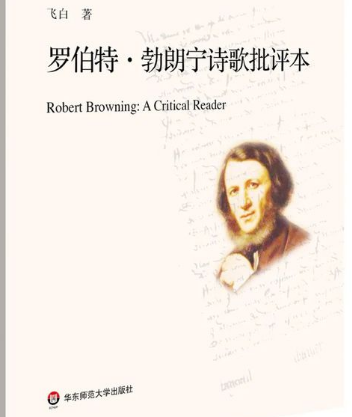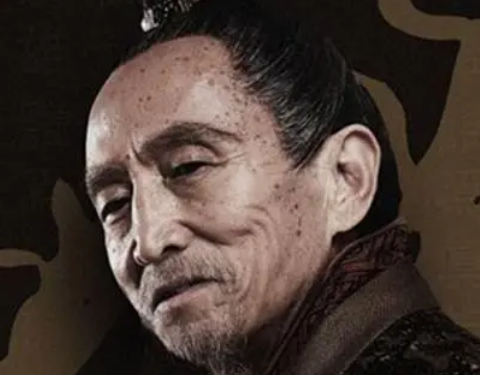Title: The Significance and Value of Xiaonian

In Chinese traditional culture, the 23rd or 24th day of the 12th lunar month is known as "Xiaonian". Although this festival is not as important as the Spring Festival in modern society, it still holds profound meaning and value.
Firstly, Xiaonian is significant for ancestor worship. On this day, people pray to their ancestors for a bountiful harvest and peace in the coming year. This sacrificial activity not only demonstrates people's respect for their ancestors but also helps to preserve family culture and traditional values.
Secondly, Xiaonian is also an opportune time to prepare for the New Year. People begin to purchase New Year goods such as candies, pastries, and fruits. Additionally, in some regions, people make preserved meat and sausages to prepare for the upcoming Spring Festival. This custom not only strengthens the bond between family members but also allows people to better experience the charm of traditional culture.
Thirdly, in the north, people engage in a thorough housecleaning during Xiaonian to rid themselves of the bad luck of the past year and welcome the arrival of the new year. This is one of the reasons why Northerners clean their houses during Xiaonian. By sweeping and cleaning, people not only purify their environment but also refresh their spirits, preparing them for the new year.
Lastly, besides ancestor worship, Xiaonian also carries the meaning of warding off evil and avoiding calamity. In ancient times, people believed that Xiaonian was the day most vulnerable to evil forces. Therefore, they would drive away evil and bless their families with peace and health through activities such as setting off fireworks and posting Spring Festival couplets. This custom not only enhances people's confidence and courage but also allows them to better feel the warmth and security of their families.
Overall, although Xiaonian may not be as significant as the Spring Festival, it still holds profound meaning and value. Whether it's ancestor worship, preparing for the New Year, cleaning the house, or warding off evil, Xiaonian remains an important part of Chinese traditional culture.
Disclaimer: The above content is sourced from the internet and the copyright belongs to the original author. If there is any infringement of your original copyright, please inform us and we will delete the relevant content as soon as possible.
































